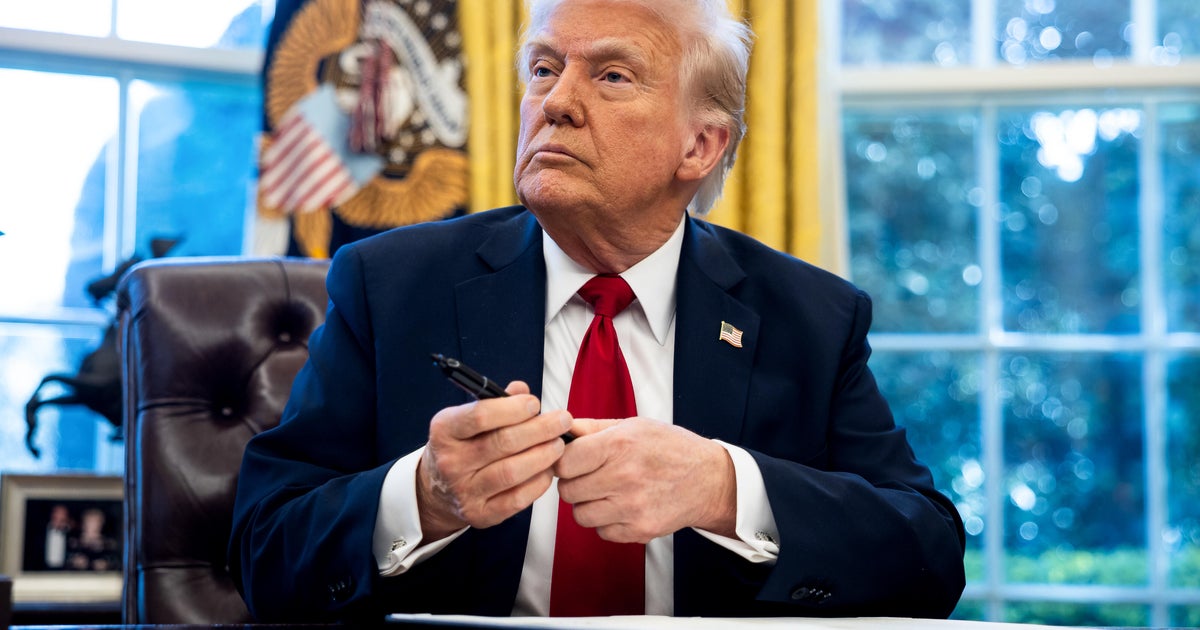Healthcare Fraud Crackdown: Trump's Bold Promise vs. Past Inaction

During his initial presidential term, Donald Trump demonstrated a notable pattern of presidential clemency, particularly toward individuals convicted of financial misconduct. Remarkably, he extended pardons or reduced sentences to over 60 individuals implicated in fraudulent activities, with a significant number connected to elaborate healthcare fraud schemes that had staggering financial implications.
These pardons were not merely isolated incidents but represented a broader trend of executive intervention in cases involving complex financial crimes. Many of the beneficiaries were individuals who had been convicted of sophisticated fraud operations that had manipulated healthcare systems, causing substantial economic damage and undermining the integrity of medical billing practices.
The breadth and scale of these pardons raised eyebrows among legal experts and watchdogs, who viewed the presidential actions as potentially sending a controversial message about accountability in white-collar criminal prosecutions. Trump's approach to clemency in these cases suggested a unique perspective on financial misconduct and the consequences for those involved in large-scale fraudulent enterprises.
